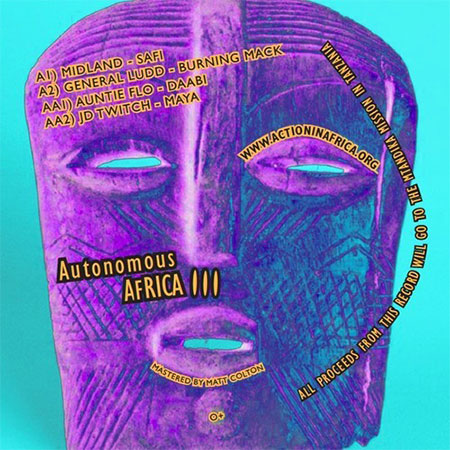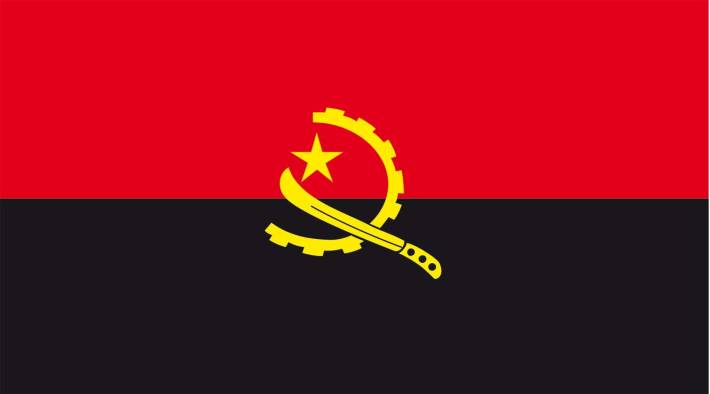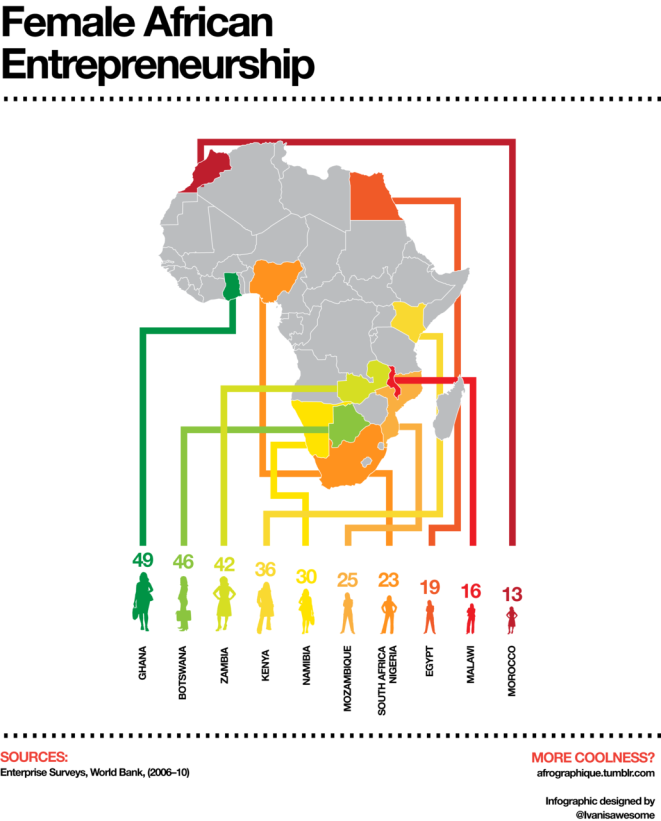
Out Here Records was set up with a simple purpose: to introduce the world to another side of African music. Since its inception, the Munich based label has promoted and showcased urban music scenes from Dakar to Cape Town which, despite being hugely popular in their native countries, have been totally overlooked outside of Africa. We speak to founder and label head Jay Rutledge about the label’s beginnings, localised global sounds, the state of African urban music and what is to come for Out Here.
RnR: Describe the label’s beginnings and its broad vision.
JR: ‘I started out as a journalist travelling a lot and interviewing a lot of musicians. I realised that what was really happening on a local level in the countries I visited was not reflected in the so-called ‘world music’ that reaches Europe. This was especially true in regards to the globally connected genres of Hip-Hop, Reggae, Dancehall and House with local adaptations like Hiplife or Bongo Flava, that are huge in Africa but literally unknown in the rest of the world. I felt that needed to be changed.
I decided to go to Dakar and put together a compilation (‘Africa Raps‘). I bought all the cassettes from stores in the Sandaga market and called people, met the guys I knew, discussed the releases and started sorting out the stuff I liked. There was a real Hip-Hop boom in those days because young people were listening to rap and the elections were coming up. So many tapes were released commenting on what was going on in the country…really interesting, creative stuff .. exciting.’
Three years after Rutledge put out ‘Africa Raps‘, he went on to found his own imprint and Out Here was born. Seven years and over 20 releases later, the label continues to meticulously research, compile and release a huge range of music from across the African continent and beyond encompassing everything from Nigerian Hip-Hop to Tanzanian Bongo Flava, from African Reggae and Dancehall to Angolan/Brazilian fusion.

Cassettes for sale in Tanzania
RnR: How do you research for the releases?
JR: ‘Well, we travel. We normally meet someone and start getting into a style or the music of a certain country. I.e. For our first South Africa compilation ‘Mzansi music’ we worked with Rage.co.za, a group of journalists from Johannesburg. For lagos stori plenti we travelled to Lagos with Ade Bantu from Cologne. We stumble across something / someone and start getting involved.’
When Rutledge stumbled across the overlooked Malian ngoni master Bassekou Kouyate in Bamako, it led to the release of two of the label’s most critically acclaimed albums, ‘Segu Bleu‘ and ‘I Speak Fula‘, introducing a new star of Malian music to the rest of the world.

Bassekou Kouyate and band Ngoni ba
RnR: How did the Bassekou Kouyate releases come about?
JR: ‘A coincidence. I was in Mali to do an interview with Toumani Diabate. Lucy Duran, an English producer who I had previously met in Istanbul happened to be there as well. We met at a Pizza place in Bamako where Bassekou Kouyate was playing. It was beautiful. Lucy said: ‘Jay, you should record an album with this guy. He really deserves it.’ I answered: ‘if we do it, lets do it together!’ So, five months later we were back in Bamako to record the first album. A year later the album was awarded Best album of the year 2009 by BBC3. Uuups. When I go to Bamako now and see that this record really changed the life not only of Bassekou, a musical genius, but also that of many people around him – I feel really happy.’

2-Pac Saloon, Tanzania
Many of Out Here’s more urban releases have focussed on the appropriation and unique evolution of global styles by local scenes such as African Dancehall and Reggae, and the various incarnations of Hip-Hop across Africa.
RnR: How important is the interplay between the local scene and the global influence on contemporary African urban music?
JR: ‘I think global influences often trigger a new scene. At the beginning there is a lot of copying, then the style gets more local, vernacular languages are used and the scene becomes more and more unique. But there are also styles that don’t really localize and hey, they don’t have to. It only becomes problematic for us when what is an obvious imitation to our ears is seen as real cool locally….For example, we wouldn’t release a mainstream oriented R ‘n’ B act from Sambia: it is a boring imitation. A Hip-Hop head from the Cape Flats called Emile once told us that local Hip-Hop died when at a freestyle jam, some guys started rapping in English. They were not good rappers but the other kids were so impressed by them using English (which they themselves could not speak so well) they just went silent.’
RnR: This interaction has been two-way with genres such as Angolan Kuduro and South African Kwaito influencing international producers, DJs and musicians. Do you feel this interplay will continue?
JR: ‘This is a great time for African urban music. There is a lot of attention nowadays. People are really looking for something new and the direction they are looking is Africa. There is still a lot out there that really deserves to be produced in a way that allows its potential to surface.’
(Interview continues after the jump)
Continue reading →




















